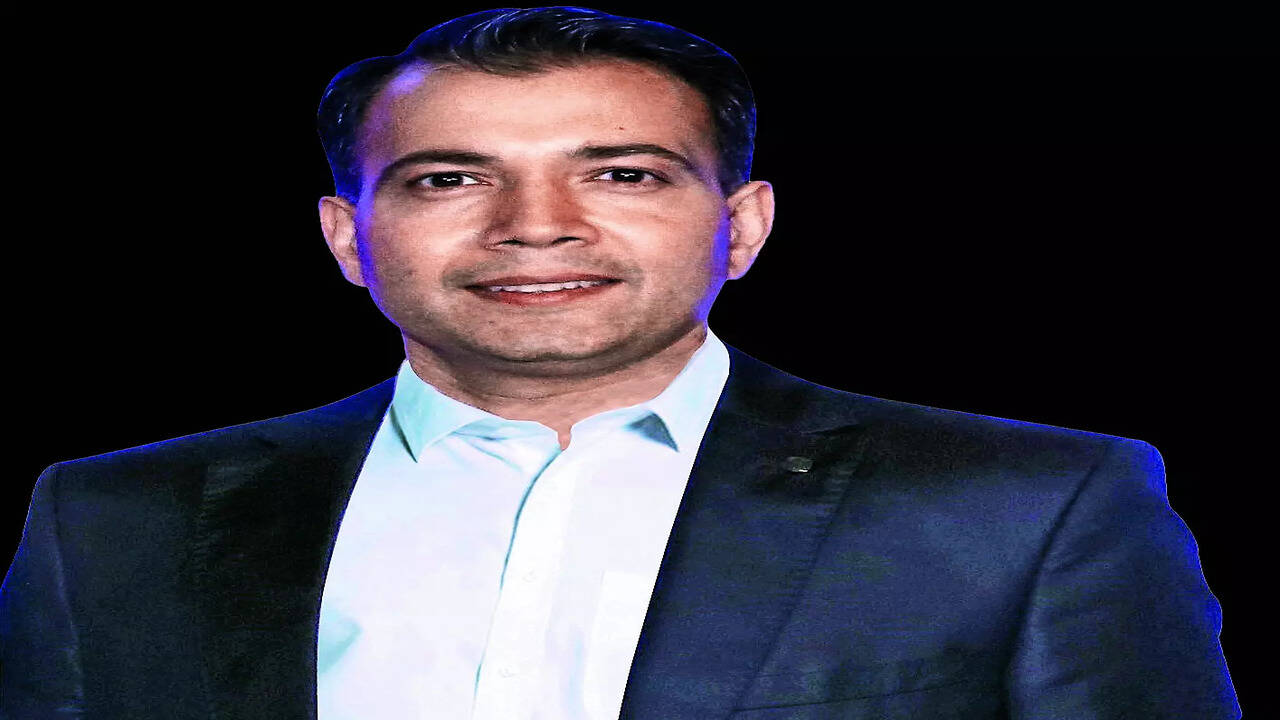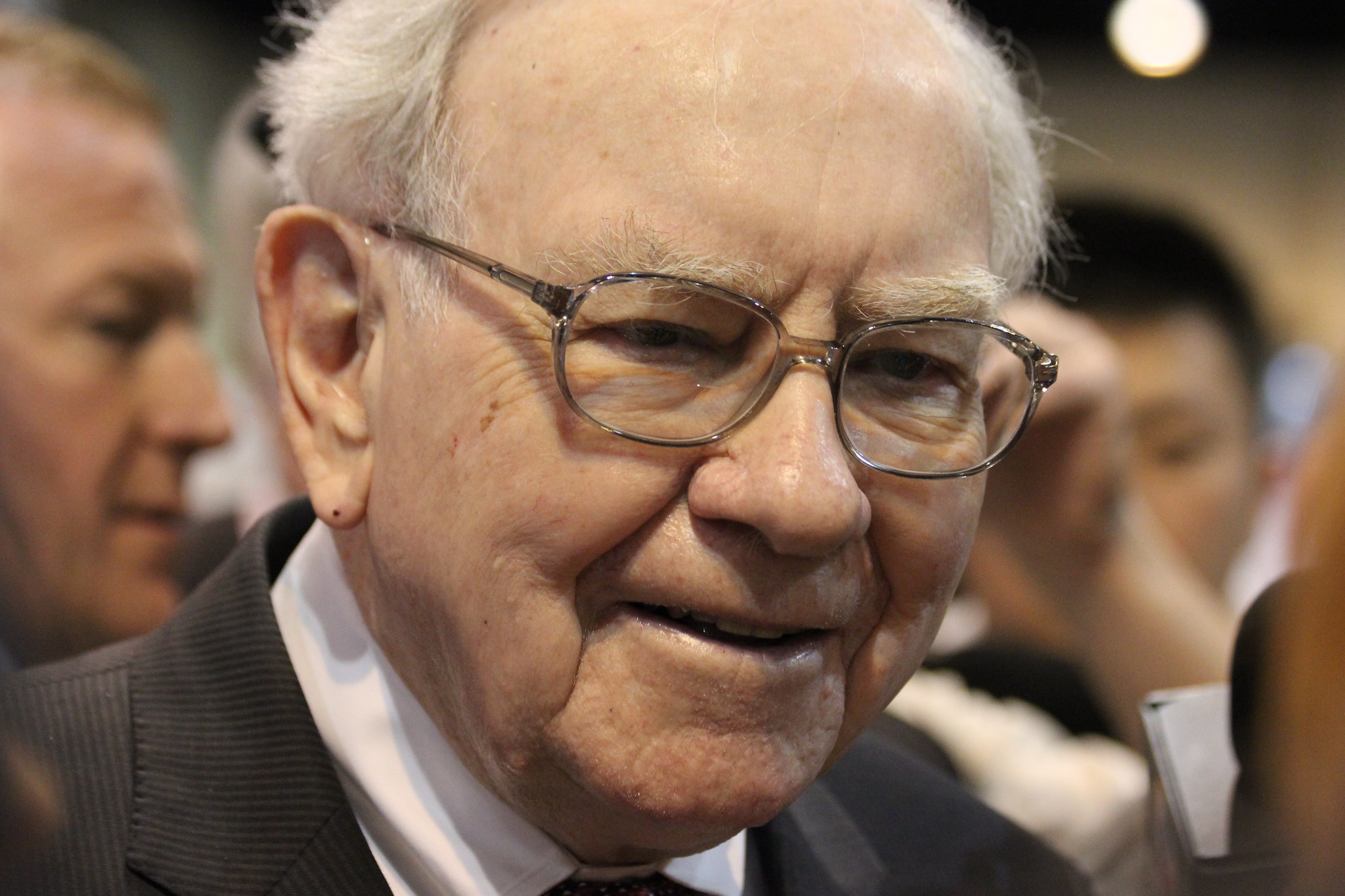Copyright indiatimes

When Belgian mathematician Adolphe Quetelet devised a height-to-weight ratio in the 1830s, he wasn’t studying medicine, he was studying averages. His “Body Mass Index” (BMI) was intended to describe populations, not diagnose individuals. Yet two centuries later, this simple ratio still helps decide who is labelled “fit,” “overweight” or “at risk.” It shapes medical policy, gym and nutritionists’ targets and how many of us judge ourselves. That is precisely the problem. BMI assumes one number can capture the health of billions, ignoring ethnicity, fat distribution, muscle strength, mental health, performance and lifestyle. Recent research confirms what as a neuroscientist, I have long suspected: BMI barely scratches the surface of real health or longevity. Two people can share the same BMI yet live in very different biological realities; one strong, mentally sharp and metabolically resilient; the other inflamed, anxious and fatigued. This crude metric results in misdiagnosis and misplaced health goals and self confidence.In India, health increasingly looks like a spreadsheet of steps, CGM scores and sleep cycles from smart rings or other wearables. BMI fits neatly into this techno deterministic approach, easy to calculate, easy to compare, and dangerously easy to misunderstand or mis-sell. The modern hospital system, despite providing good acute care, has been far less successful with chronic and lifestyle diseases that require long term behavioural change rather than short term medical intervention. This is where both modern neuroscience and ancient Vedic wisdom converge; real well-being is holistic. It depends on balance across the brain, body, and behaviour. Neuroscience shows that performance and vitality depend not just on body weight but on how efficiently the entire system brain, muscle, metabolism, and immune function works in sync. Cognitive flexibility, emotional regulation, and neural efficiency are as vital as muscular strength, cardiovascular endurance, and mitochondrial health.A low BMI cannot protect you from chronic stress, burnout or cognitive decline; a higher BMI does not automatically indicate poor cognition. What matters is functional alignment how your nervous system handles pressure, recovers from fatigue, and maintains homeostasis.The brain body connection BMI ignoresThe brain is effectively the CEO of physiology. It regulates appetite, hormones, inflammation and tissue repair. Chronic stress forces the brain’s control networks into overdrive, raising cortisol, disturbing sleep, altering metabolism and accelerating ageing. This dysregulation drains performance, shortens attention span and blunts motivation often long before any weight change is visible. Today we can measure these dynamics. Tools such as brain computer interface assessments, cognitive testing and biomarkers allow objective evaluation of attention, stress-control and recovery. Those measures show that mental health, productivity and physical ageing have shared biological roots: brain network efficiency, metabolic flexibility and inflammatory load. Health is therefore not just body mass it is neural performance plus physiological robustness.What should we track?A brain-first longevity approach starts with the brain but integrates the full system. Instead of fixating on weight, we should track how the body and mind communicate, recover, and adapt.Here’s what truly predicts performance and healthy ageing: Measure what matters Brain function and resilience – Assess cognitive performance, attention stability, and stress tolerance through objective metrics. Metabolic health – Fasting insulin, triglyceride-to-HDL ratio, and HbA1c reveal how efficiently your body manages energy. Inflammation markers – C-reactive protein (CRP) and homocysteine detect early signs of ageing and chronic disease. Sleep and recovery – Deep sleep duration, HRV, and morning alertness show how well the brain and body repair each night. Psychological flexibility – Measure how quickly you recover from stress, not just how often you experience it. Physical strength and function – Grip strength, gait speed, and resistance-training ability are among the strongest predictors of lifespan and cognitive resilience. Body composition and cellular health – Muscle quality, visceral fat, and mitochondrial function (via DEXA or impedance) reflect metabolic youthfulness. VO2 max (a test of how efficiently your cells use oxygen for energy)remains one of the most powerful indicators of long-term vitality. Understand your own body-brain signalling – instead of only relying on wearables and gadgets Don’t rely on cosmetic measures or vanity targets BMI, waist size, or mirror image cannot reveal inflammation, stress response, or neural efficiency. “Thin” doesn’t always mean healthy — India’s “thin-fat” phenotype proves leanness can hide visceral fat and insulin resistance. Counting calories without tracking recovery leads to burnout and hormonal chaos. Performance without rest shortens both lifespan and focus span. Extreme workouts or endurance activity, marathon running, mountain climbing etc are not really a measure of good health or mental health.The author is the founder of NeuroLeap and HALE. His work focuses on brain-first longevity and the intersection of neuroscience with everyday health



